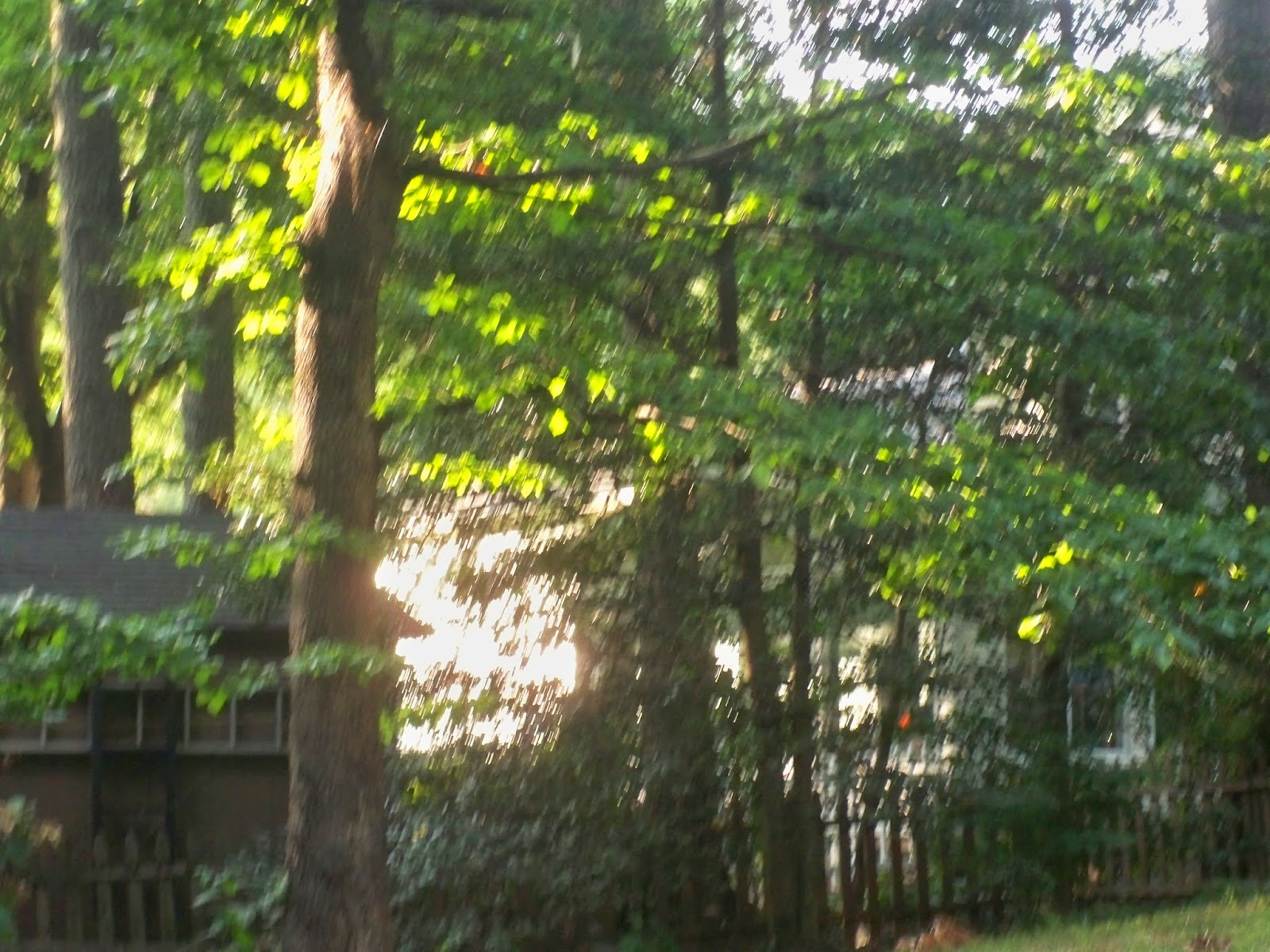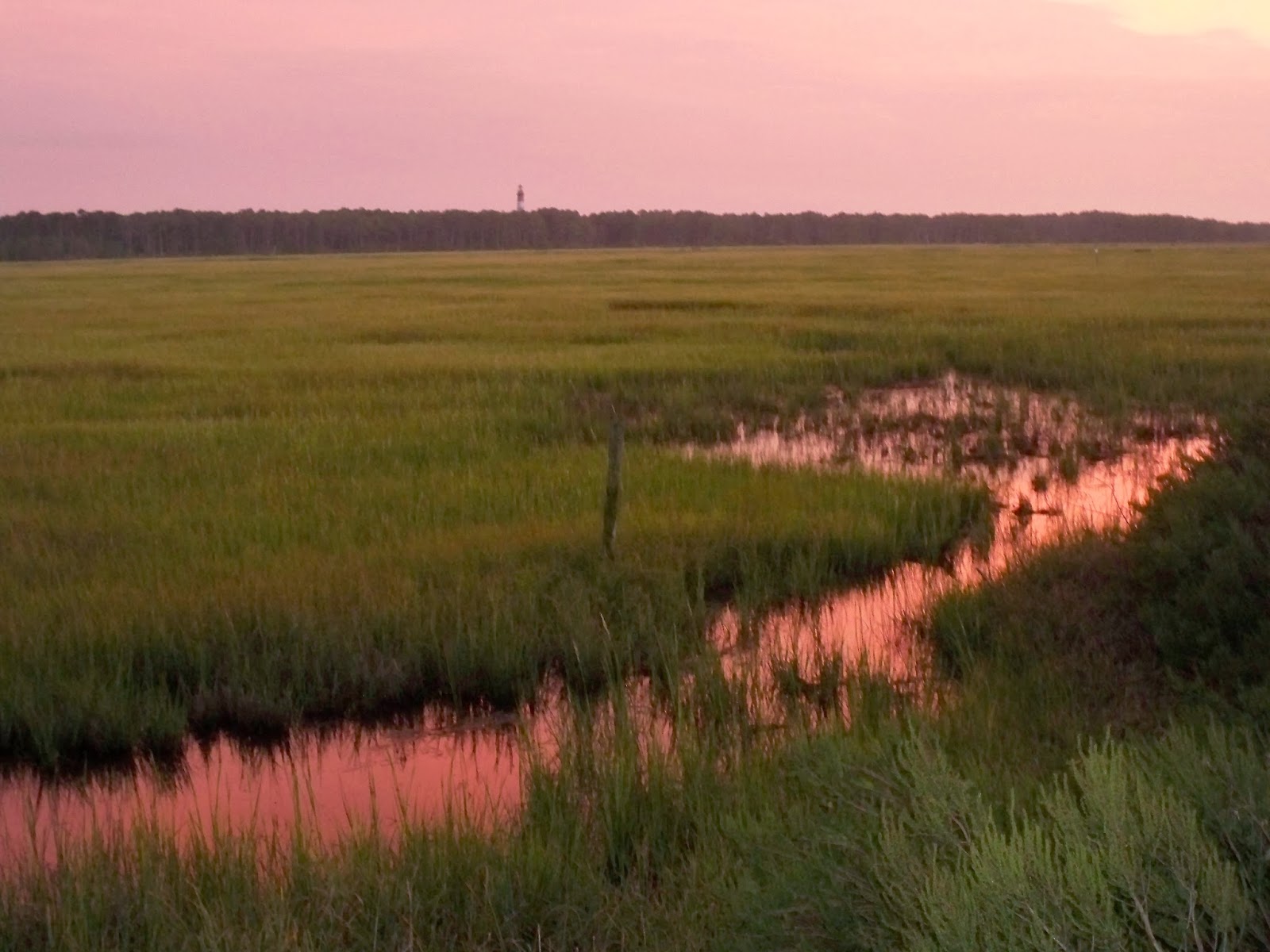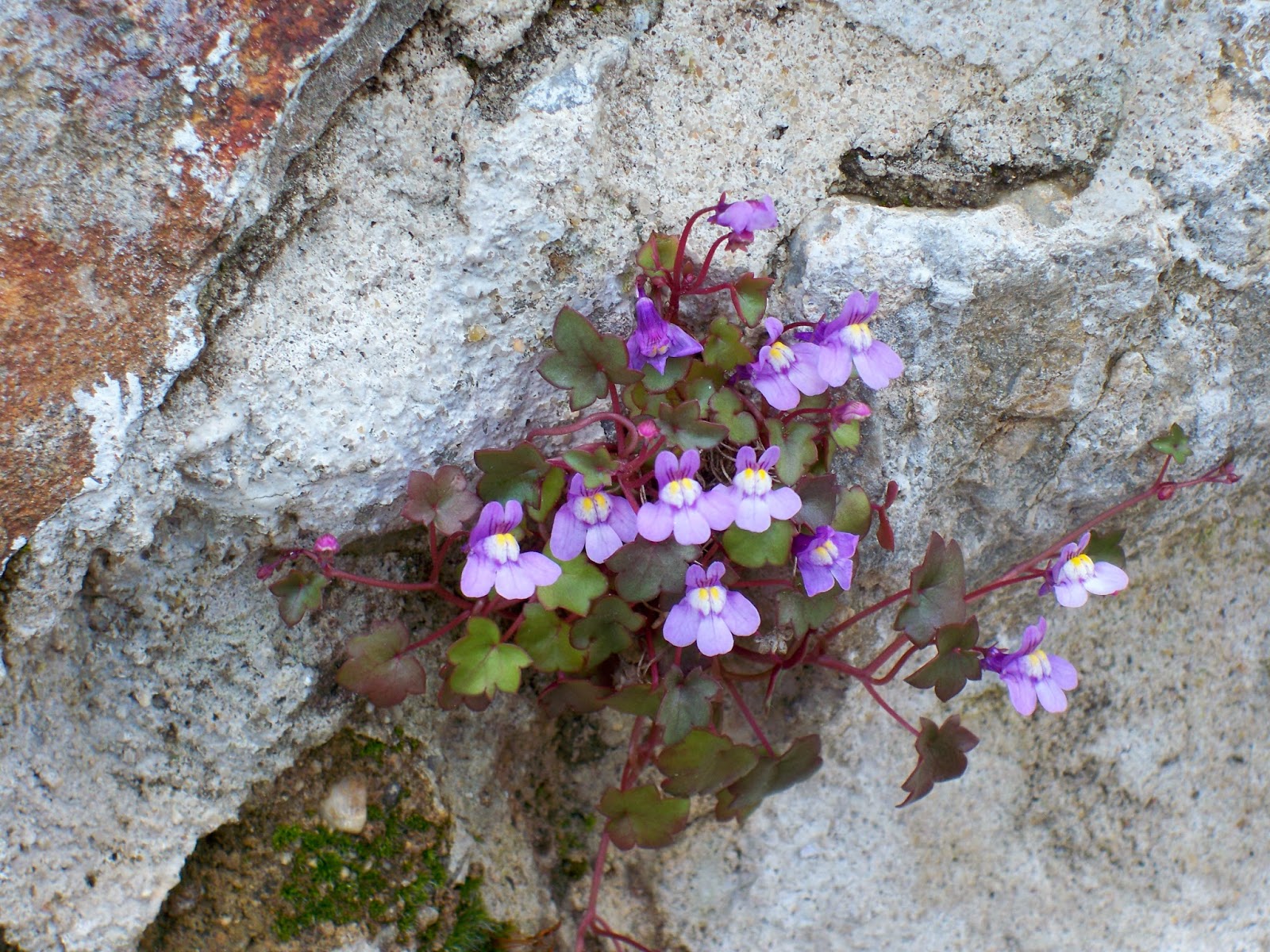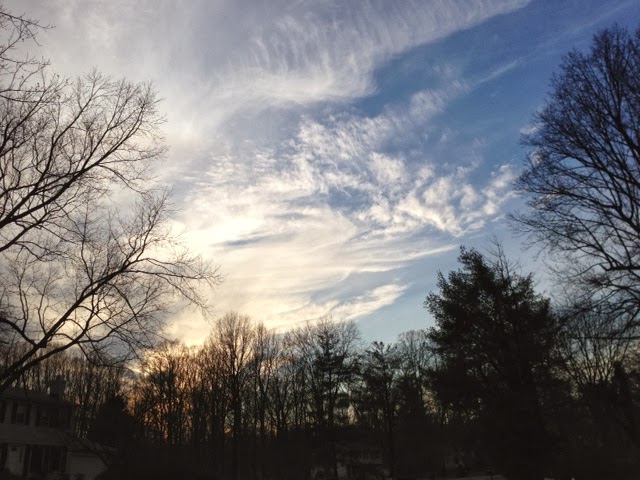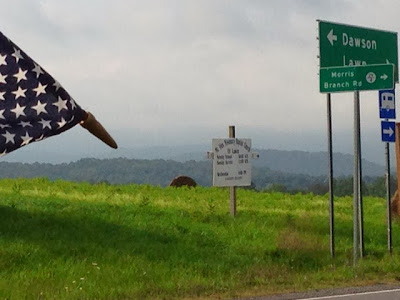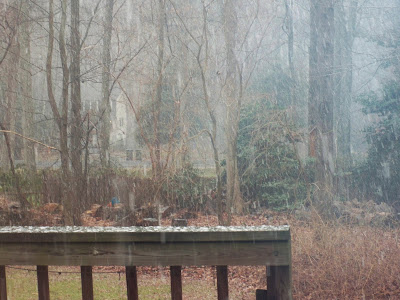Room of One’s Own
As a work deadline nears I’ve been spending more time in the office — 11 hours yesterday. Though I’ve become an office nomad at home — and I prefer it that way — I find myself sinking into the quiet here. And it strikes me, not the first time, that the office is a “room of one’s own” for me.
When Virginia Woolf wrote that a woman must have “money and a room of her own if she is to write fiction,” she probably was not thinking of an office in a modern workplace, clicking and typing, moving text with a cursor, putting out an alumni magazine. And I certainly don’t pen novels in my office. I write and edit articles about faculty and alumni accomplishments.
But what I do have here is freedom from the hurly-burly of home. Not just from the dishes that need washing and the carpet that needs vacuuming, but from the world of the family with all its attendant joys and worries.
What I have here is separation, and on the best writing days I carry that separateness around with me like a wonderful, warm cloak.

